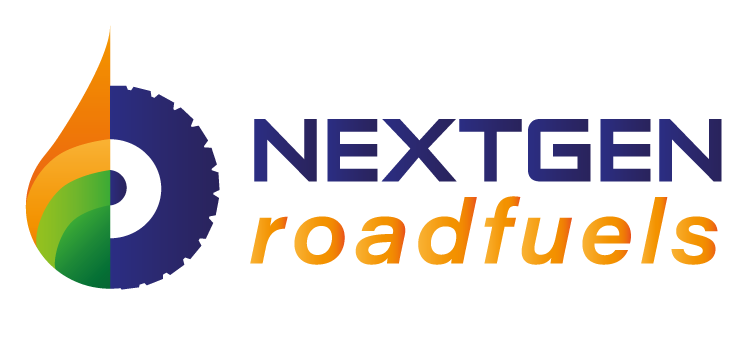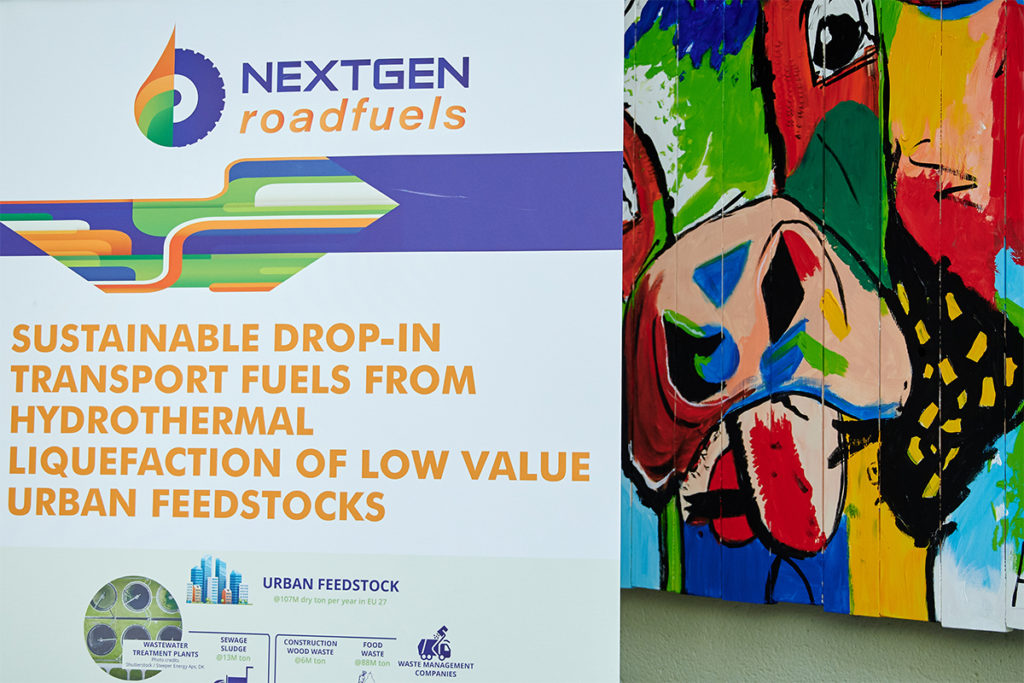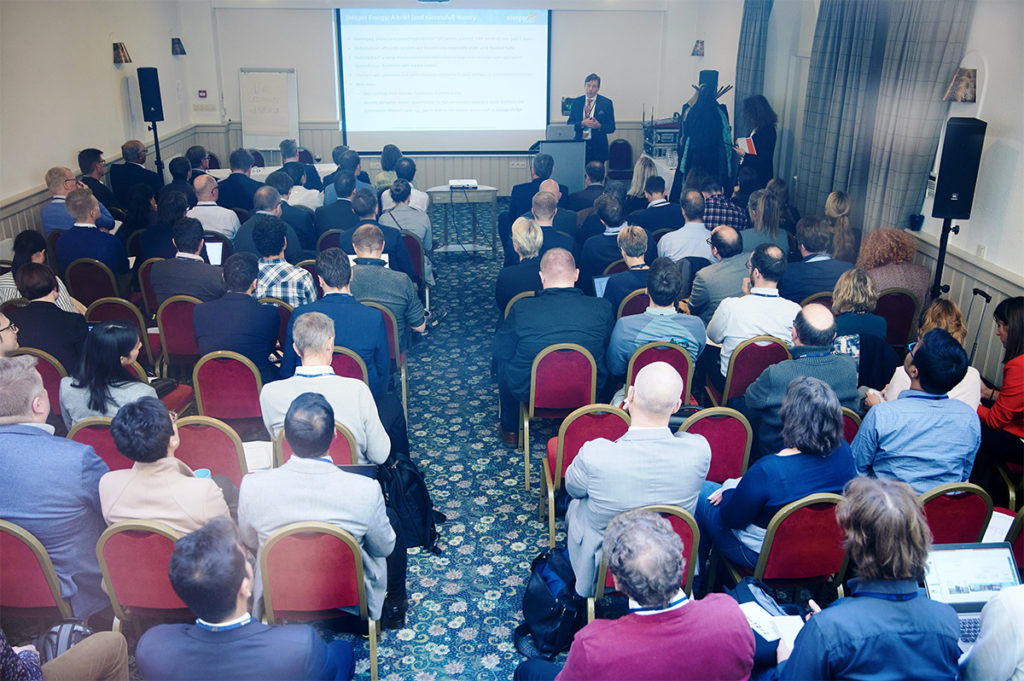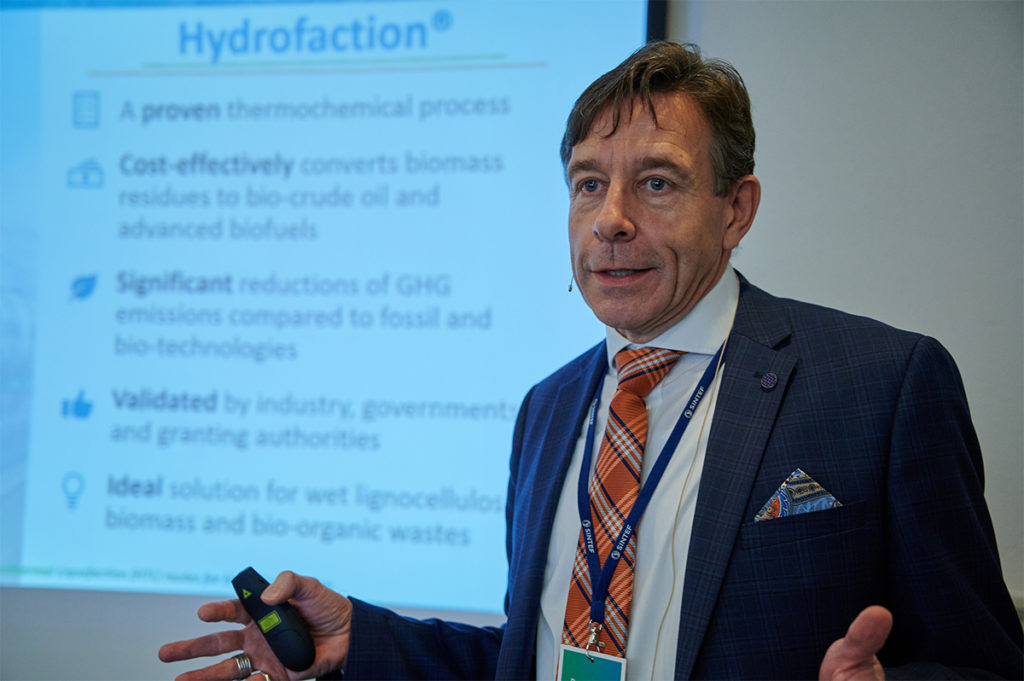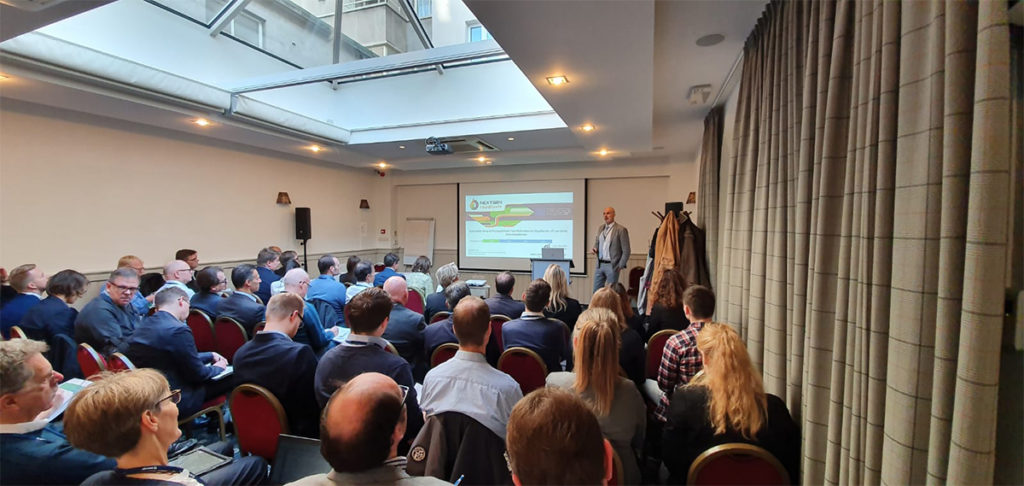More than 90 participants from universities, research institutes and industries gathered together last November 19th, 2019 at the Expert Workshop on “Potential of Hydrothermal Liquefaction (HTL) routes for biofuel production” in Brussels.
The workshop is the great result of a synergic cooperation among five Horizon 2020-funded projects and one research centre started some time ago, all counting on HTL as one among or the key conversion technology that, within a virtuous circular economy pattern, can guarantee the production of novel, cost-effective biofuels. Under the leading moderation performed by Sonja van Renssen, energy journalist, the workshop opened with the presentations of HyFlexFuel, WASTE2ROAD, 4refinery, NextGenRoadFuels, Heat to Fuel projects and the Norwegian National Centre Bio4Fuels (Norway).
Dr Lasse Rosendahl, Professor, Head of the Department of Energy Technology at Aalborg University (Denmark) and coordinator of NextGenRoadFuels project, presented the main concept, added-value as well as the latest updates after 12-month project implementation.
“The results till now are very promising”, said Rosendahl: Around 1.5 tonnes of sewage sludge have been processed, which corresponds to more than 100 Kg biocrude. Such feedstock is a useful material for separation and demineralization studies, in order to gain upgradable biocrude which is a prerequisite for fuel production”.
The project is working on several pathaways in a parallel way, combining electro-catalytic and (thermal)catalytic hydrogenation, in order to identify the most cost-effective upgrading pathway.
Besides, several samples of organic municipal solid waste (MSW) have been analysed and screened for continuous processing. In particular, protein extraction pathways have been analysed and evaluated from urban waste. Furthermore, process flow sheets have been set up for techno-economic analysis and life-cycle assessment.
In the future perspective of market, HTL process scale-up is the basin of available resources put at disposal by the European Union. Maria Georgiadou (Senior expert, EC DG RTD) gave an overview on current regulatory, legal and financial framework on renewable energies and in particular on bioenergy and advanced sustainable fuels. Precious inputs on existing supporting measures within Horizon 2020 program, as well as the novel Innovation Fund (1st call is expected at the beginning of 2020), Structural Funds and other measures have been given as well.
High-level inputs were provided also by Jack Saddler, Professor at the University of British Columbia (Canada), around the ATM project (on Forest-residues-to-biojet fueland HTL-related results) and Douglas C. Elliott, Laboratory fellow (retired) in PNNL (USA), who gave the audience a global perspective on HTL potential at commercialization level.
In the afternoon, 5 market leaders intervened on industrial status and development of HTL worldwide. In particular, Perry Toms, CEO of Steeper Energy (partner of the NextGenRoadFuels project) presented Hydrofaction®, a leading technology for an efficient conversion of sustainable biomass into renewable transportation fuels.
Thanks to this workshop, experts from universities, research centres and industries got market data on HTL technology maturity compared to other existing technologies for biofuel production. It’s true that the way through current legal, regulatory and market issues is still complicated and can hinder the full potential of HTL commercialisation. Fostering cooperation among different actors, by building an operative platform on most promising HTL routes in the near future, could be beneficial for the HTL sector.
Access to the agenda, presentations and all materials of the event at this link
